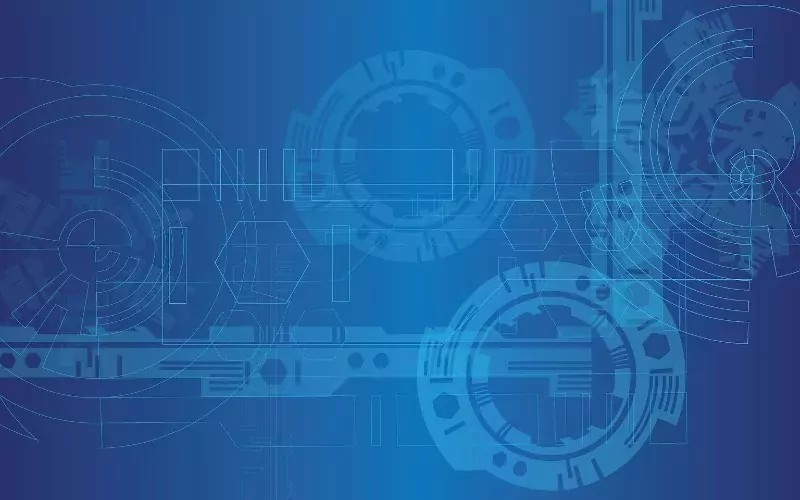The innovation in plastic waste management is taking a significant leap forward. A ground-breaking system is transforming waste plastics into energy and fertiliser, setting new benchmarks in environmental technology.
In South Australia, pioneer systems using anaerobic digestion technology are underway, designed to process substantial amounts of waste plastics. This development marks a pivotal moment in tackling the immense challenge of plastic pollution globally.
Introducing the POET System
The POET System, a pioneering innovation, marks a new era in waste plastic management. Developed by POET Systems, this technology utilises anaerobic digestion to convert waste plastics into valuable energy and fertiliser. Each POET machine processes up to 20 tonnes of plastic weekly, showcasing a significant capacity to handle plastic waste effectively.
Inventor David Thompson has successfully demonstrated this system on various plastic types such as polyethylene, polypropylene, and polystyrene. This technology’s flexibility and adaptability ensure its potential for global application, driven by growing interest from international entities keen to adopt and implement such sustainable solutions.
Anaerobic Digestion: The Core of the Innovation
Anaerobic digestion lies at the heart of the POET system, a process that involves microbial assimilation of plastics in an oxygen-free environment to create energy. Crucially, this approach does not interfere with current recycling practices but instead offers an innovative pathway for non-recyclable plastics headed for landfill.
The efficiency of the anaerobic digestion depends on various variables, including the feedstock type and system settings. Hence, the POET system is engineered to optimise these factors, facilitating quick and effective microbial digestion of plastics and ensuring commercial viability.
Broader Implications and Environmental Impact
The POET system addresses the significant environmental challenge posed by non-recyclable plastics. With over one million tonnes of such plastics annually sent to landfills in Australia alone, this technology offers a sustainable alternative.
By converting waste plastic into energy and fertiliser, the POET system not only reduces landfill reliance but also contributes to the generation of renewable energy. This dual approach positions the system as a key player in driving forward environmental sustainability efforts.
The resultant products from the microbial digestion include biogas, primarily methane and carbon dioxide, which can be utilised effectively. Methane provides an energy source to potentially power waste treatment plants, while carbon dioxide has prospects for capture and reuse.
Strategic Implementations in Wastewater Plants
Strategically, the first POET machines are set to be constructed at wastewater treatment facilities in Victoria, Australia. This location offers dual benefits, as the same microbial processes can treat both plastics and wastewater, optimising resource use.
Such setups are anticipated to leverage the existing infrastructure of wastewater plants, which frequently include anaerobic digestion capabilities. This strategic alignment underscores the system’s scalability and adaptability to existing industrial configurations.
Commercial Prospects and Industry Reception
The POET system is positioned as a viable business model, particularly within the waste industry. Already, there’s considerable interest from waste management organisations eager to integrate this technology into their operations.
With a foundational operational capacity set at processing 20 tonnes of plastic weekly, the system is designed for scalability. Industry stakeholders recognise the potential revenue streams and enhanced waste management practices that the POET system introduces.
Ultimately, this technology provides an innovative solution to one of the waste industry’s long-standing challenges—handling non-recyclable plastics. This advancement supports the sector’s progression towards more sustainable and profitable operations.
Recognition and Future Developments
POET Systems has garnered recognition as a semi-finalist in the 2017 Australian Technologies Competition, highlighting its potential impact on the future of environmental technology. This competition evaluates and supports organisations that exemplify Australian innovation with worldwide application possibilities.
Thompson plans to submit provisional patents, a step crucial for securing intellectual rights as this technology gains traction internationally. This strategic move is expected to catalyse further development and adoption.
As international interest grows, particularly from regions like South America, POET Systems stands on the brink of significant global expansion and influence in the realm of sustainable waste management solutions.
Future Outlook for Plastic Waste Management
The innovation presented by the POET system signals a transformative shift in how plastic waste is viewed and managed. By turning waste into a resource, this technology redefines industry norms and expectations.
Overall, the POET system exemplifies a progressive approach to waste plastic management. By harnessing anaerobic digestion for energy and fertiliser production, it offers a sustainable and profitable alternative to landfill disposal, paving the way for future advancements in environmental solutions.


